Chartbook #58: More reading on WWI
some great suggestions
Yesterday’s post about World War I has triggered a remarkable crop of suggestions from readers. They are so good I thought I would pass them on.
It is holiday season after all. Perhaps there are one or two things here that folks might consider for xmas stockings etc.
From Michael Pettis (with many thanks):
“I just read your excellent Urkatastrophe piece, Adam, and it occurred to me that you ought to read, if you haven’t, Charles Arthur Conant’s “The United States in the Orient: the nature of the economic problem” (1900). Conant was a well-known and highly influential (at the time) American economist, and along with Kemerrer the most famous of the “money doctors” of the late 19th and early 20th centuries. I often include him with JA Hobson as the leading proponent of the “excess savings”/imperialism thesis, except that while Hobson opposed imperialism, Conant embraced it. I mention his book because he discusses Russia and the Russian economy a great deal in the book, and his Russia isn’t a decrepit Russian on the edge of revolution but rather one of the most dynamic economies in the world and the only serious rival to US/UK dominance. There is a lot of other very interesting stuff in his book, but as I read your piece it was the comments on Russia that most made me think of Conant.”
You can read it here, for free.
From Policy Tensor a typical hard-hitting riposte, which I in fact largely agree with. With more head space I would have expanded this point.

The book this immediately brings to mind is this wonderful analysis of the global color line by Lake and Reynolds.
A lovely reading list of World War I classic by J. Van Wyck



Adam Tooze @adam_tooze
Far from 1914 neatly aligning democracies v. Autocracies, advanced v. backward combatants, an essential driver of mobilization was fact that smart progressive people could make arguments for/against both sides. Sign up for Chartbook #57 here: https://t.co/IfVuX7TplI https://t.co/ugzqJEpQO9I agree with Erik Grimmer-Solem that I should have included his brilliant new book amongst the references of the blogpost. It really is highly recommended.

It is part of a crop of relatively recent books about Germany and globalization that have finally shown the way out of the dead end that was the Sonderweg (special path) debate.
Top of the list would be Dirk Bonker’s Militarism in a Global Age, a brilliant and eye-opening comparison of German and American navalism in the moment of high imperialism.
From the economic side, Cornelius Torp’s work is crucial:
From the side of cultural and political history, Sebastian Conrad blazed a trail.
Andrew Zimmerman’s Alabama in Africa: Booker T. Washington, the German Empire, and the Globalization of the New South saw connections where no one had seen them.
Chris Manjapra connected imperial Germany to India
GREAT reading all of these. And there are no doubt many more one could add.
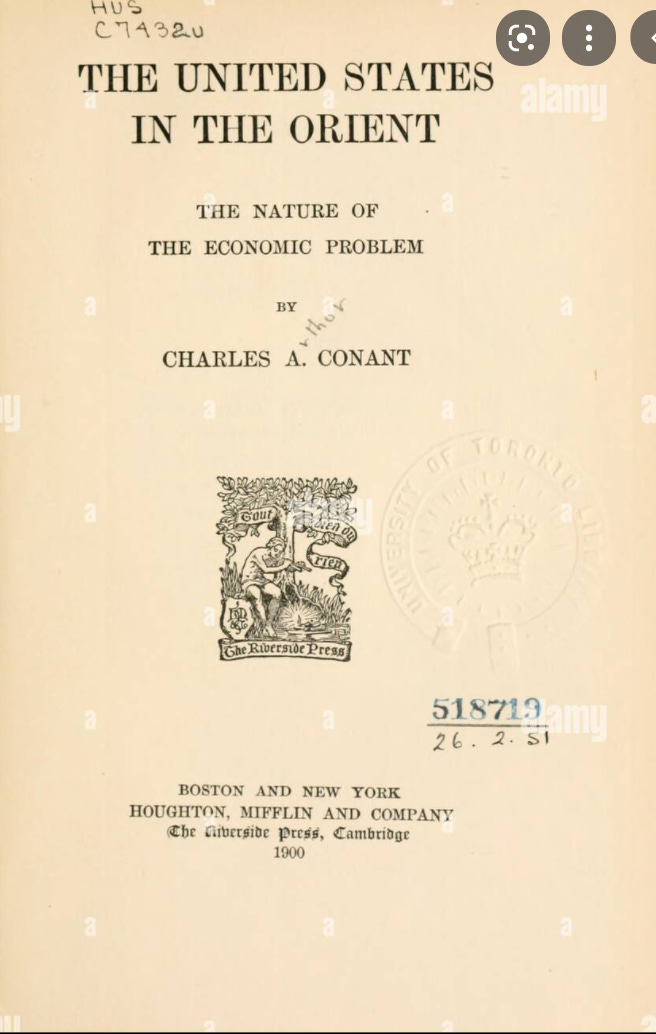
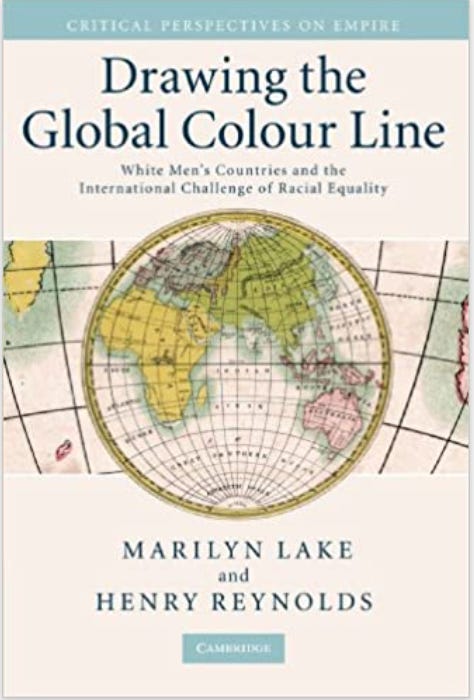
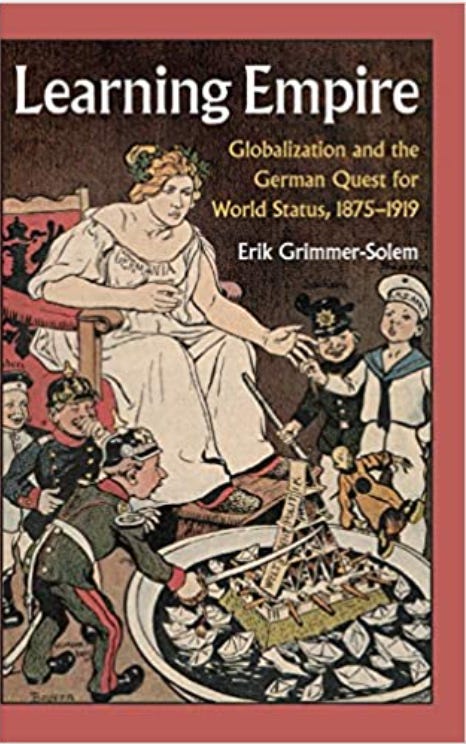
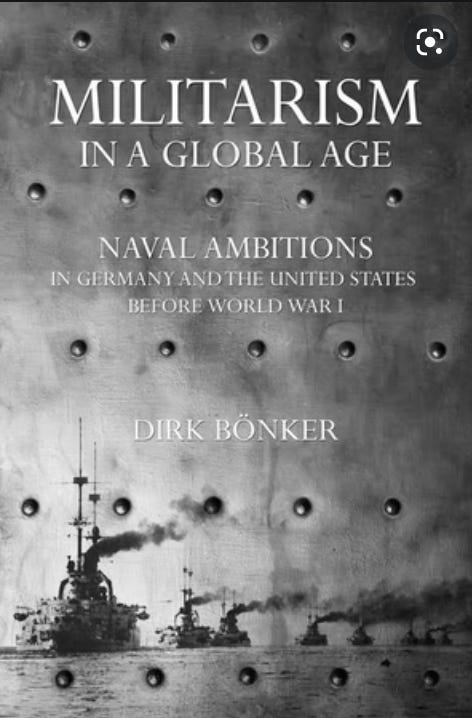
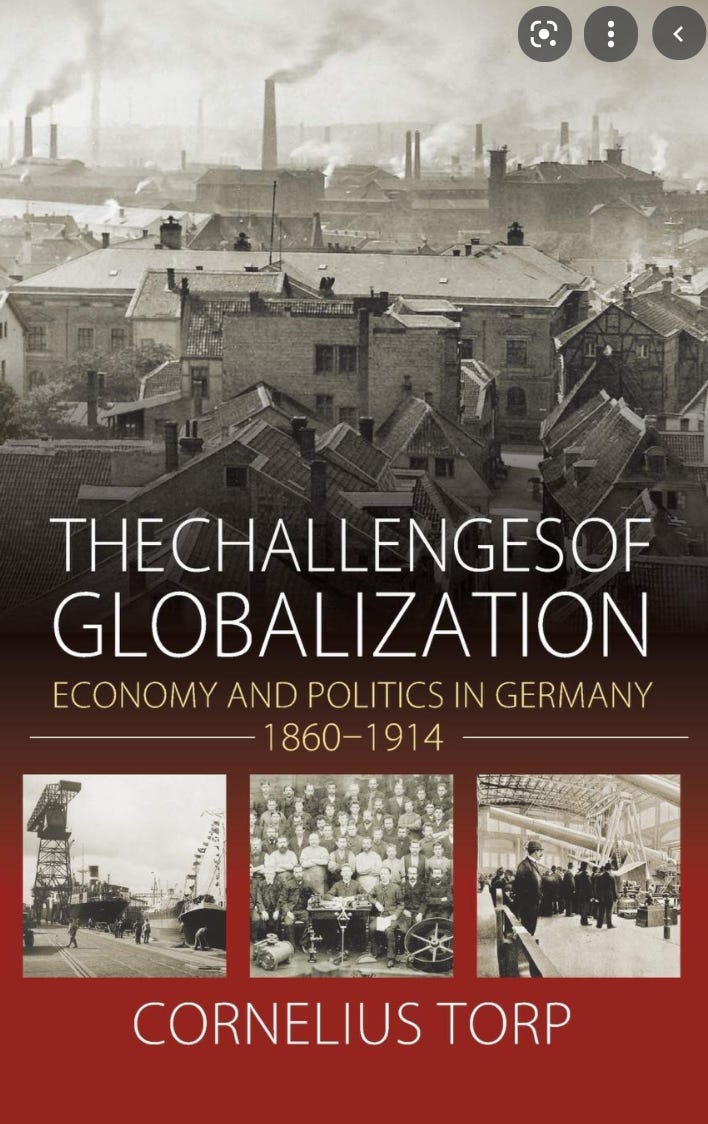
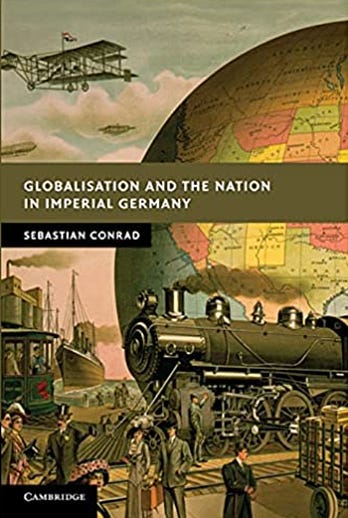
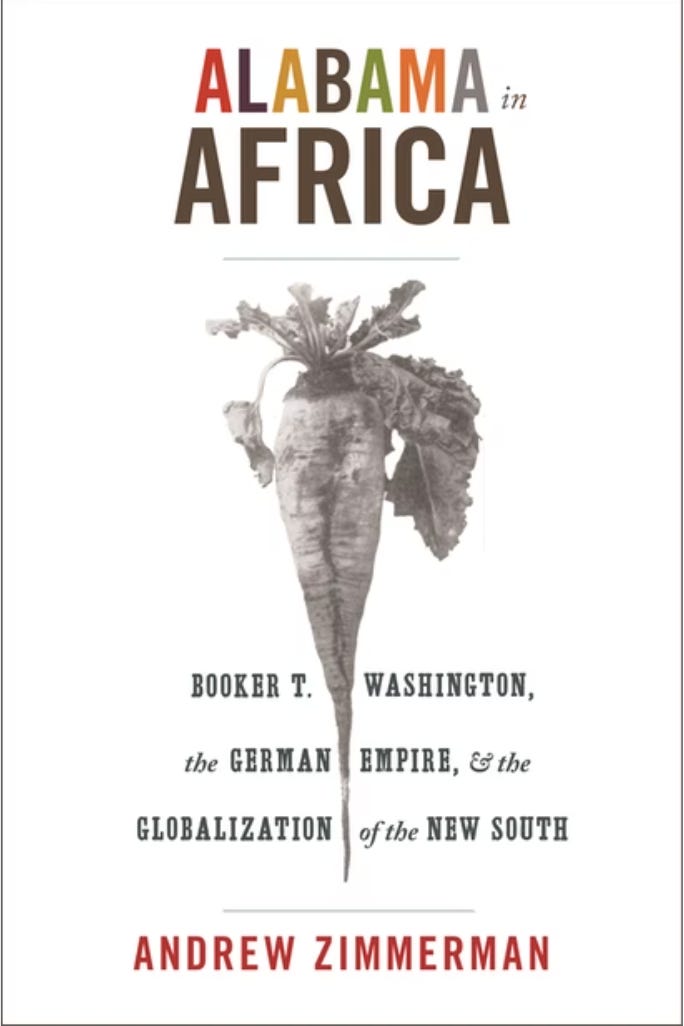
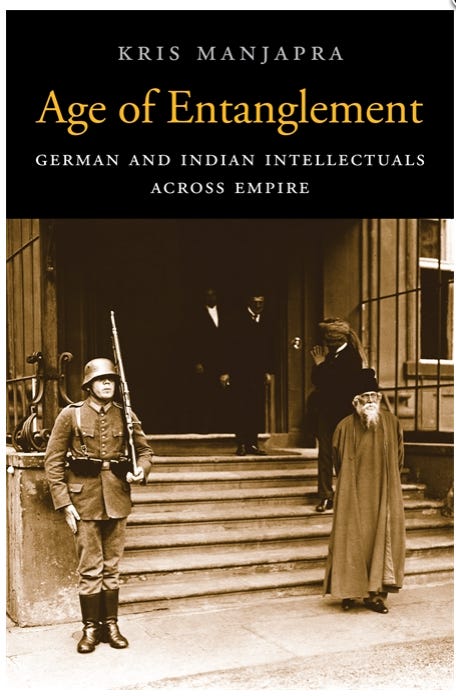
Nenhum comentário:
Postar um comentário
Comentários são sempre bem-vindos, desde que se refiram ao objeto mesmo da postagem, de preferência identificados. Propagandas ou mensagens agressivas serão sumariamente eliminadas. Outras questões podem ser encaminhadas através de meu site (www.pralmeida.org). Formule seus comentários em linguagem concisa, objetiva, em um Português aceitável para os padrões da língua coloquial.
A confirmação manual dos comentários é necessária, tendo em vista o grande número de junks e spams recebidos.